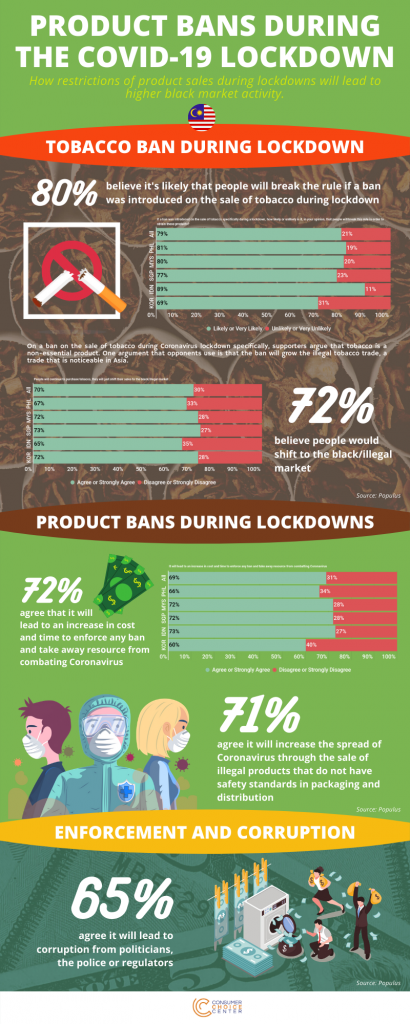[EU] Europe’s Beating Cancer Plan – Consultation
Summary
Every year, 3.5 million people in the EU are diagnosed with cancer, and 1.3 million die from it. Over 40% of cancer cases are preventable. Without reversing current trends, it could become the leading cause of death in the EU. Europe’s beating cancer plan aims to reduce the cancer burden for patients, their families and health systems. It will address cancer related inequalities between and within Member States with actions to support, coordinate and complement Member States’ efforts.
The Commission would like to hear your views.
Roadmaps are open for feedback for 4 weeks. Feedback will be taken into account for further development and fine tuning of the initiative. The Commission will summarise the input received in a synopsis report explaining how the input will be taken on board and, if applicable, why certain suggestions can’t be taken up. Feedback received will be published on this site and therefore must adhere to the feedback rules.
Feedback period
04 February 2020 – 07 May 2020 (midnight Brussels time)
Response
As a consumer advocacy group representing two million consumers in Europe, we welcome the Commission’s ambition to beat cancer. However, we would like to emphasise the importance of approaching the issue from a multi-sided and, most importantly, scientific perspective.
It has been suggested multiple times that increasing tobacco taxation and/or prohibiting branding of tobacco products is a sensible way forward. Although the intended consequences of such a policy are not straightforward, their potential harm cannot be dismissed. Helping consumers quit tobacco consumption is a noble goal in itself. However, it is important to keep in mind that compulsion – such as taxation – doesn’t always achieve the expected results. Consumers should be seen as responsible for their own wellbeing when taking an informed choice to smoke. In the spirit of showing respect for consumer choice, encouragement might be a more balanced way forward. Creating and sustaining conditions under which adult smokers are able to switch to healthier options such as e-cigarettes, vaping devices, or snus is not only a forward-looking solution, but also the ones that demonstrate the Commission’s commitment to tackling cancer without undermining consumer choice.
Vaping has been proven to be 95% less harmful than smoking tobacco, and has been endorsed by international health bodies as a safer alternative. Joachim Schüz, head of environment and radiation at the WHO’s cancer research agency, the International Agency for Research on Cancer, said e-cigarettes are in “no way as harmful” as tobacco cigarettes and could help heavy smokers to quit.
Traditional cigarettes, when burned, create more than 7,000 chemicals, 69 of which have been identified as potential carcinogens.
Vape devices, on the other hand, contain completely different ingredients. The two main ingredients used in vape liquids are propylene glycol (PG) and vegetable glycerin (VG), both used to form the vapour and add flavour to it. Added to these two ingredients is a third, usually a common food flavouring found in cakes, oils, and other food items that help give the vape liquid its taste. All of these aforementioned compounds are common food ingredients that are deemed healthy and safe by regulatory bodies including the EFSA. The other variable ingredient in vape liquid is nicotine, the stimulant alkaloid. Though not all liquids contain this addictive chemical, it is widely seen as the main draw for former smokers looking to quit smoking. When compared to other alternatives in getting people to quit, including Nicotine Replace Therapy (NRT) patches and drugs, vaping has been found to be more effective.
The belief that e-cigarettes are unsafe and cause a number of lung diseases doesn’t stand up to scrutiny. There is sufficient evidence proving that the vast majority of reported illnesses associated with vaping in places such as the United States were caused by illicit cannabis vape cartridges sold on the black market, not those purchased legally in licensed retailers. Banning or regulating devices and liquids, whether with flavours or not, would only drive demand to the black market which won’t solve the cancer problem. Allowing vaping products as harm reduction tools for adult smokers should be a key priority of the Commission’s cancer strategy.
We need to encourage the marketing and branding of safe and legal vaping products. Consumer information is necessary in order to crowd out dangerous black market products.
On behalf of the consumers and with a view to helping the Commission find the soundest way to tackle cancer, we, therefore, suggest the following:
- Endorse e-cigarettes as an effective way of helping smokers move to a safer alternative and eventually quit if they desire to do so
- Allow advertising of e-cigarettes in print, on television and radio in order to inform consumers better of the harm-reducing potential of vaping nicotine
In our opinion, these steps would be an effective way to reduce cancer rates in Europe.





